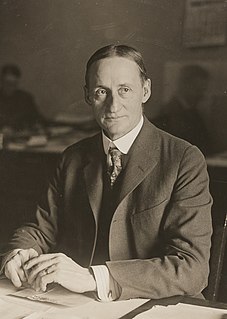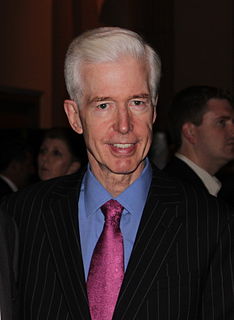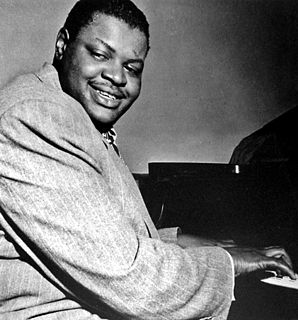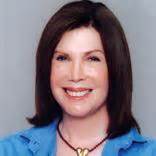A Quote by Walter Dill Scott
It is more than probable that the average man could, with no injury to his health, increase his efficiency fifty percent.
Related Quotes
According to the Tax Foundation, the average American worker works 127 days of the year just to pay his taxes. That means that government owns 36 percent of the average American's output-which is more than feudal serfs owed the robber barons. That 36 percent is more than the average American spends on food, clothing and housing. In other words, if it were not for taxes, the average American's living standard would at least double.
The science of psychology has been far more successful on the negative than on the positive side... It has revealed to us much about man's shortcomings, his illnesses, his sins, but little about his potentialities, his virtues, his achievable aspirations or his psychological health... We must find out what psychology might be if it could free itself from the stultifying effects of limited, pessimistic and stingy preoccupations with human nature.
For society, the Internet is wonderful, but for capitalists, it will be a net negative. It will increase efficiency, but lots of things increase efficiency without increasing profits. It is way more likely to make American businesses less profitable than more profitable. This is perfectly obvious, but very little understood.
Scientific education for the masses will do little good, and probably a lot of harm, if it simply boils down to more physics, more chemistry, more biology, etc to the detriment of literature and history. Its probable effect on the average human being would be to narrow the range of his thoughts and make him more than ever contemptuous of such knowledge as he did not possess.
"You guessed? You must have been pretty sure, considering you could have killed me." "I was ninety percent sure." "I see," Clary said. There must have been something in her voice, because he turned to look at her. Her hand cracked across his face, a slap that rocked him back on his heels. He put his hands on his cheek, more in surprise than pain. "What the hell was that for?" "The other ten percent."
Isaac Newton was born at Woolsthorpe, near Grantham, in Lincolnshire, on Christmas Day, 1642: a weakly and diminutive infant, of whom it is related that, at his birth, he might have found room in a quart mug. He died on March the 20th, 1727, after more than eighty-four years of more than average bodily health and vigour; it is a proper pendant to the story of the quart mug to state that he never lost more than one of his second teeth.
There is no tongue to speak his eulogy;
Too brightly burned his splendour for our eyes:
Far easier to condemn his injurers,
Than for the tongue to reach his smallest worth.
He to the realms of sinfulness came down,
To teach mankind; ascending then to God,
Heaven unbarred to him her lofty gates,
To whom his country hers refused to ope.
Ungrateful land, to its own injury
Nurse of his fate! Well too does this instruct,
That greatest ills fall to the perfectest.
And 'midst a thousand proofs, let this suffice,
That, as his exile had no parallel,
So never was there man more great than he.




































